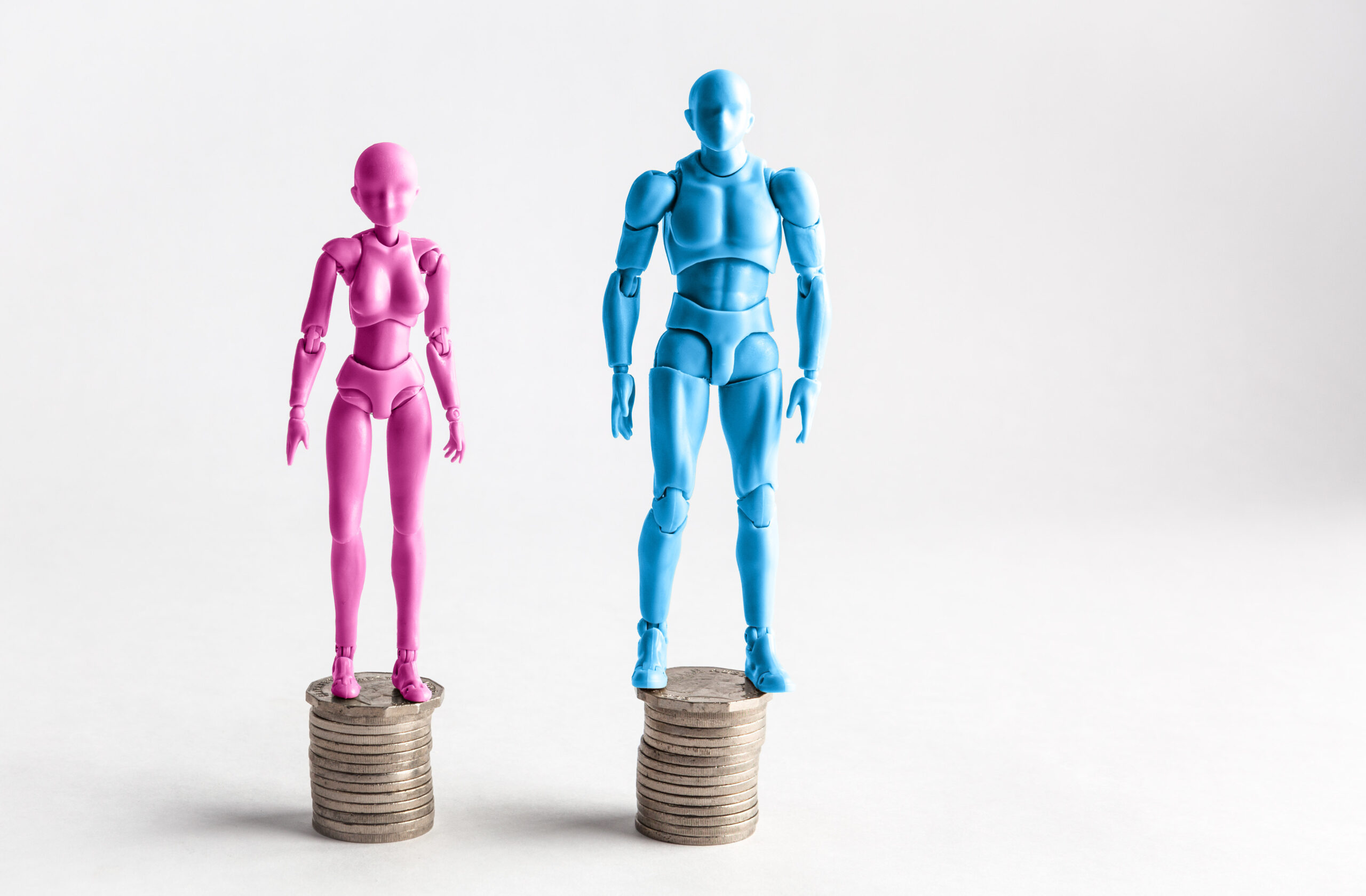A curious thing happened to Pippa Wetzell recently. Her 7-year-old son asked her “Mum, can a boy be Prime Minister?”
“Absolutely,” she replied, “boys can do anything girls can do.”
The television presenter recounted this story on Breakfast TV the day after Prime Minister Jacinda Ardern had given birth to her first child, Neve.
It’s a fact we’ve been reminded of time and time again, ever since Ardern first announced she was expecting; that she would become only the second female world leader to have a child while in office since Benazir Bhutto, the Prime Minister of Pakistan, gave birth to her daughter in 1990. But is it really such a big deal? The world’s media seems to think so.
In reality, there are so few women in power globally and even fewer of childbearing age that when one does have a baby, well, we make quite a big deal of it. But is that enough to make our Prime Minister extraordinary? Not in the eyes of Pippa’s son. Because he is growing up in a country where it’s nothing out of the ordinary for a woman to be in power.
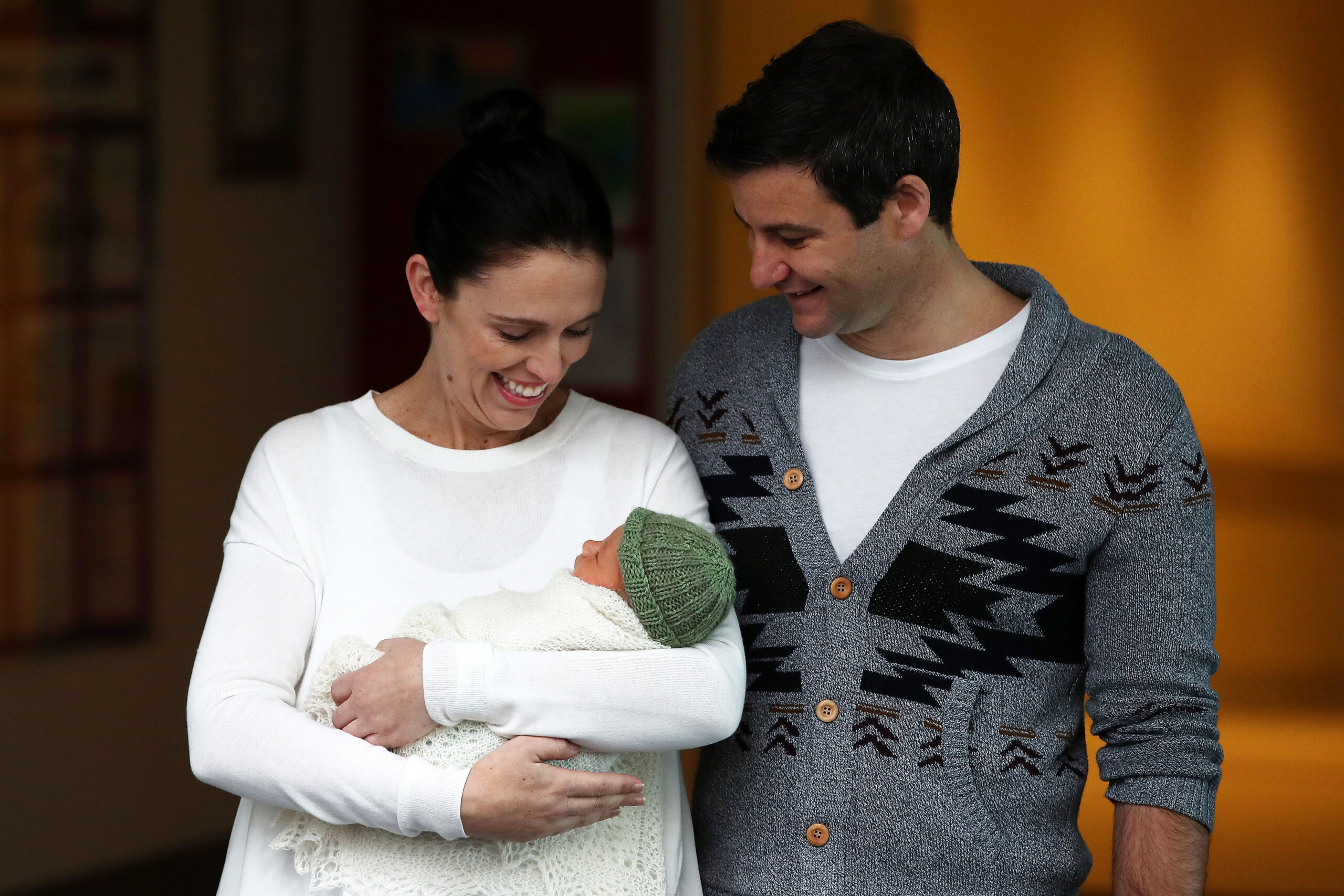
Traditionally, of course, his question was one that had always been reversed. It was girls who needed encouragement to be anything they wanted to – even if society didn’t let us fully believe it.
There was a time not so long ago when career aspirations for women were capped at becoming a secretary, a teacher or maybe a nurse. That’s until they got married, of course, at which point they’d be expected to give it all up. They’d have to learn to become a domestic goddess; to master the art of getting the sheets extra white and crisp, of cooking a lamb roast to perfection, of tending to the children morning noon and night, and of mixing the perfect martini.
But perhaps the most important rule of being a good housewife was to never, ever bombard her husband with too many questions or complaints as soon as he arrived home from work – because a good wife knows her man has had a hard day and doesn’t want to be bothered with the goings on of the household. It’s a housewife’s job to be upbeat and positive and interesting, never dreary. Make sure he’s comfortable. Fix him a drink. Maybe light a fire for him to sit in front of. Oh, and don’t forget to look pretty.
And if she ever needed a refresher in any of this, she could consult one of the many Good Housekeeping guides from the 1950’s which helpfully laid out all of these commandments in black and overstarched white.
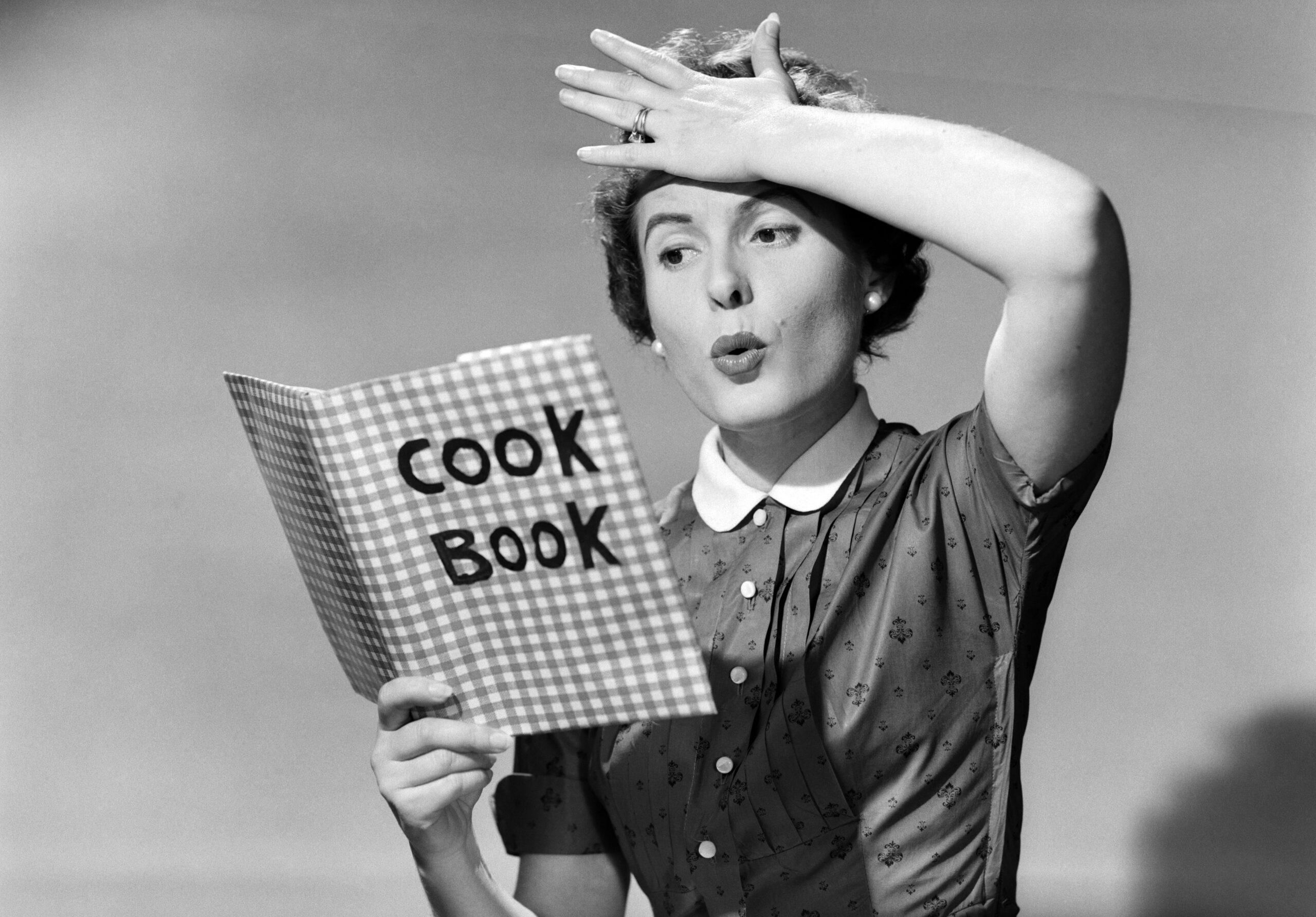
Thankfully things have changed. Here in New Zealand we’re now onto our third female Prime Minister. A woman running the country is old hat. But the birth of Jacinda’s baby nevertheless marks a significant shift in our thinking around gender roles.
In the year that we celebrate the 125th anniversary of Kate Sheppard’s pioneering woman’s suffrage movement – successfully campaigning to grant women the right to vote in New Zealand at a time when no other country had – have we finally turned a corner in our thinking? And has it switched too far the other way? Are we hammering home the female empowerment message so relentlessly that boys are beginning to feel left out in the cold? Unlikely. But if it’s happening in one household, you can bet it’s happening in others.
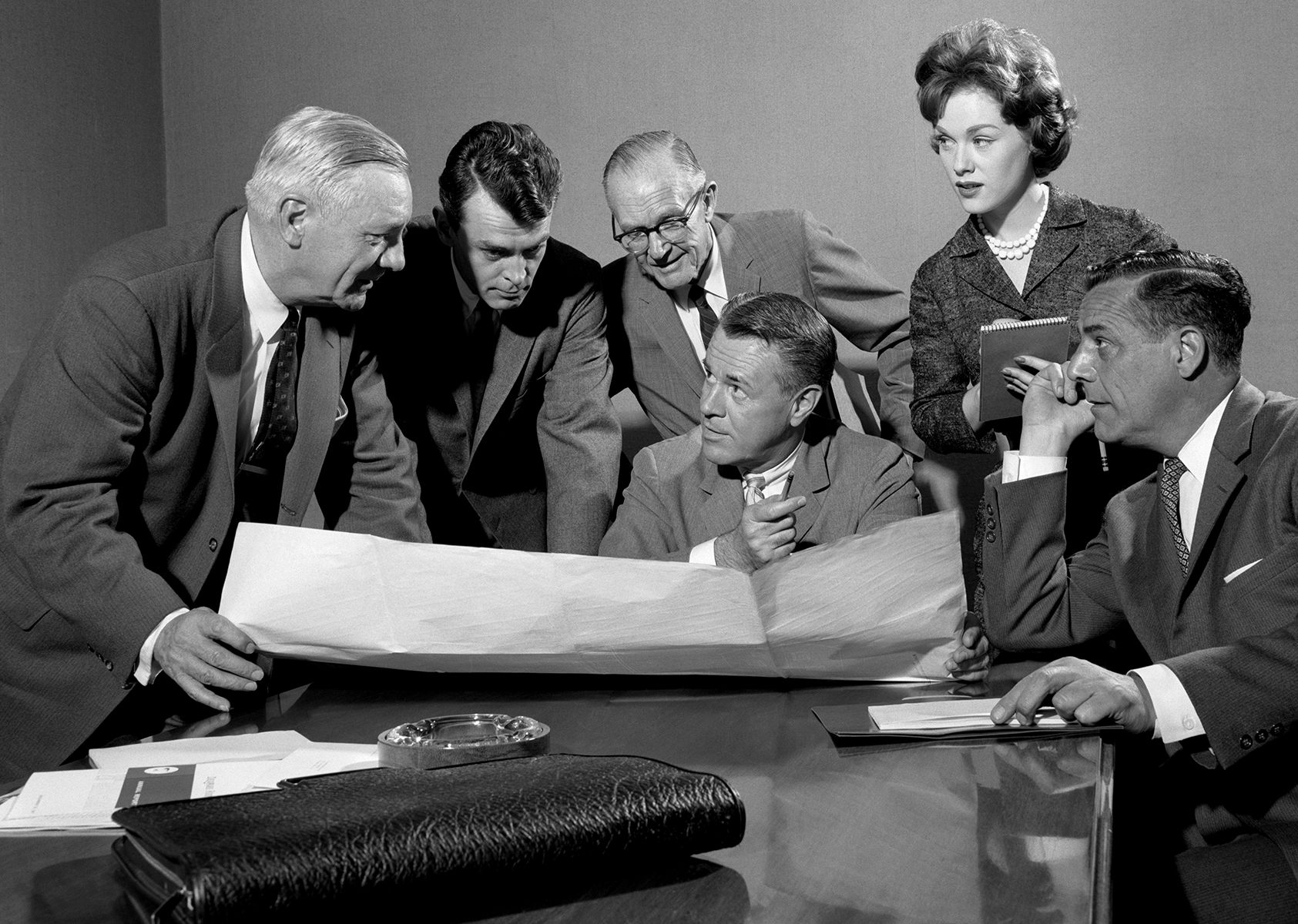
It poses an interesting alternate reality. One where women are taking the top jobs, earning the big dollars, and it’s the menfolk, much like Clarke Gayford, the partner of our PM, who will be the ones to stay at home and look after the children while the mothers go to work to put food on the table.
Kristine Bartlett’s equal pay campaign would be a thing of the past and women would no longer have to worry about whether they were getting paid as much as a man for doing exactly the same job. They simply would, and no one would question it.
Imagine a scenario where mechanics were forced to petition the government to be paid the same as those in female dominated industries. It seems extraordinary. Fantastical even. And yet somehow it was accepted when the shoe was on the other foot; because that’s just the way it had always been.
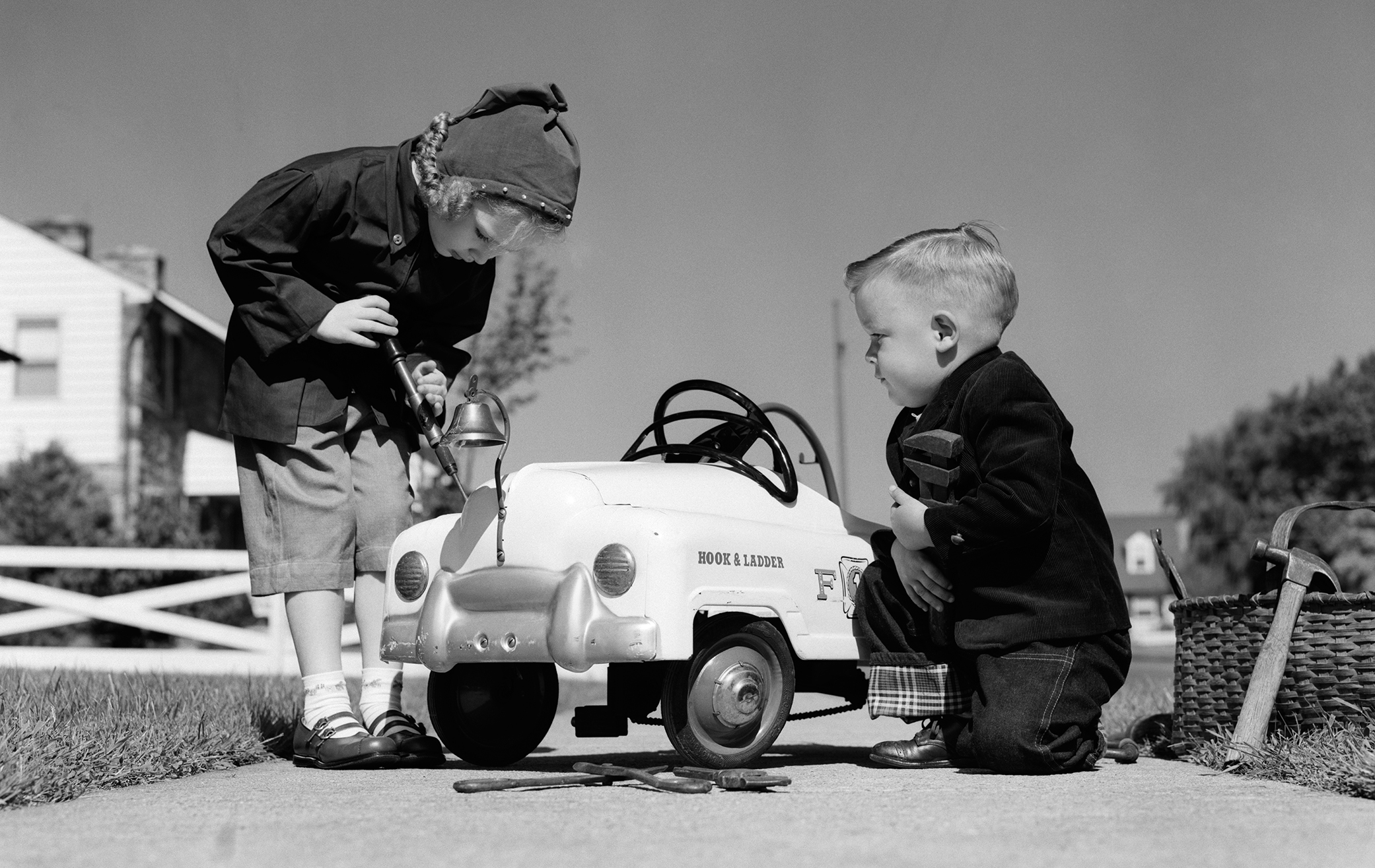
If you do a Google search for ‘gender equality’ one of the first results is a 2015 TED Talks speech by author Michael Kimmel entitled ‘Why gender equality is good for everyone – men included.’
He argues that “without confronting men’s sense of entitlement I don’t think we’ll ever understand why so many men resist gender equality.” Nor should they, because lo and behold, there’s something in it for them. In fact, “those countries that are more gender equal are also the countries that score highest on the happiness scale.”
He drills down into that even further, and here’s where it gets interesting. Studies show that when men share the housework and childcare duties, their wives are happier and healthier. Their children are happier and healthier. The men themselves are happier and healthier. But here’s the kicker; when men share the burden of housework and childcare, they have more sex.
If that’s not a surefire express ticket to worldwide gender equality then by God, nothing is. Why has someone not harnessed this fact? If we were to make it a public service announcement and broadcast it at train stations and pubs and sporting grounds across the globe then we might finally start to see some real traction.
But back to the speech. Kimmel concludes that “we cannot fully empower women and girls unless we engage boys and men.” And yes, everything he says is true. But the fact that we’re still even having to ‘sell’ gender equality to others shows just how much of a mountain we still have to climb.
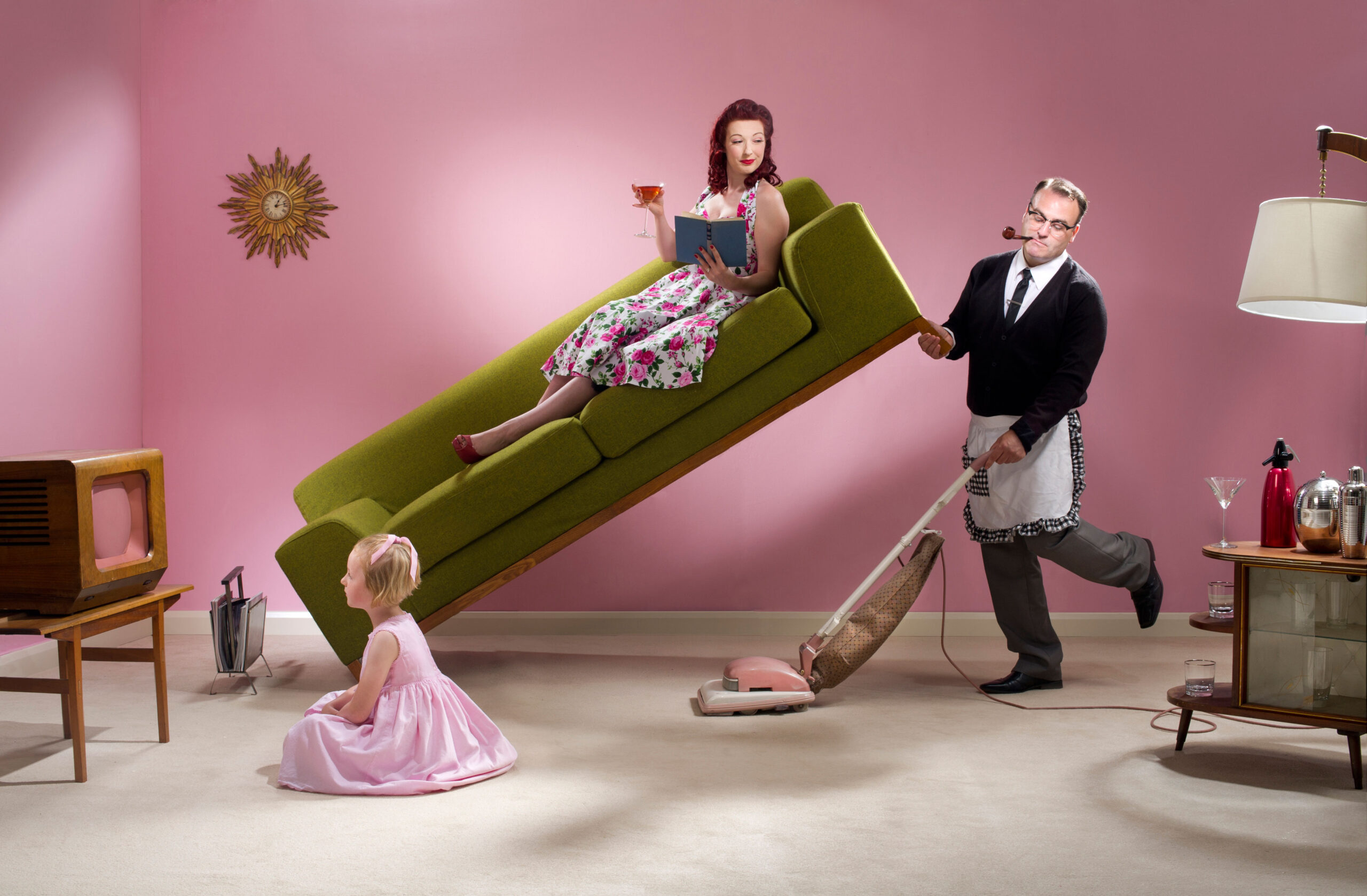
Last year New Zealand ranked 9th in the World Economic Forum’s Global Gender Gap report on gender equality. The usual über-progressive suspects were ahead of us; Iceland, Norway, Finland, Sweden. But there was one inclusion that most people would never have expected; Rwanda.
Somehow the tiny African nation, best-known for its civil war and subsequent genocide in the 1990’s, has transformed itself into a world-leading gender-progressive country. It ranked number four in last year’s report – five places ahead of us, New Zealand, the first country in the world to give women the vote.
Granted, we might be doing well to place ahead of countries like Great Britain (15th), Canada (16th), Australia (35th) and the United States (49th). A top 10 placing isn’t to be sniffed at. But there’s still room for improvement.
Maybe though, finally, thanks to little Neve Te Aroha Ardern Gayford, we are inching towards a gender equal reality. The new ‘First Baby’ is certainly being held up as a marker of change. Our former Prime Minister Helen Clark hailed her birth as “another sign of New Zealand’s accepting of full gender equality.”
“In the context of New Zealand,” she wrote in an article in The Guardian, “this is evolutionary, not revolutionary.”
And indeed it is. But it’s up to us to keep the momentum going.


